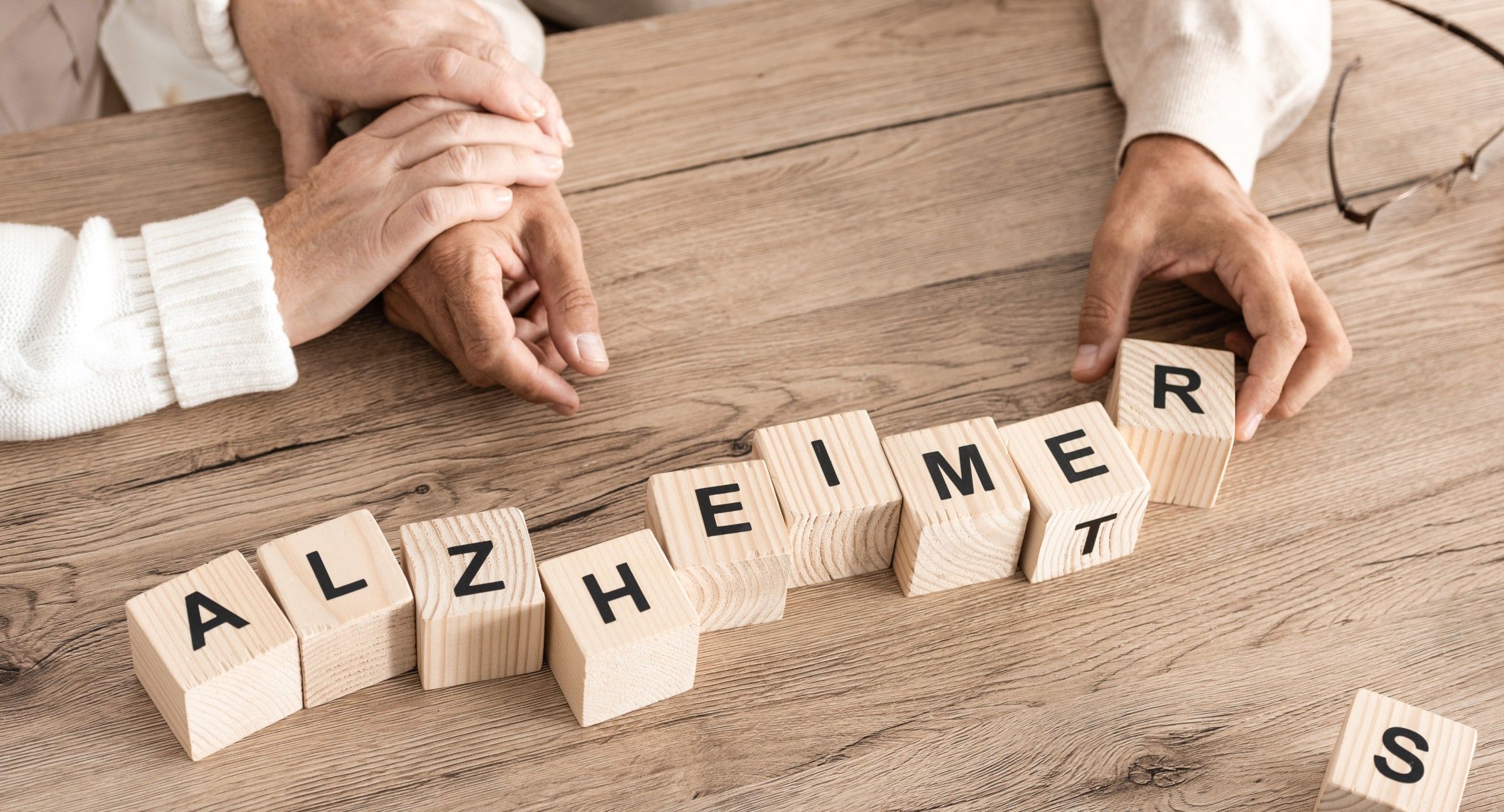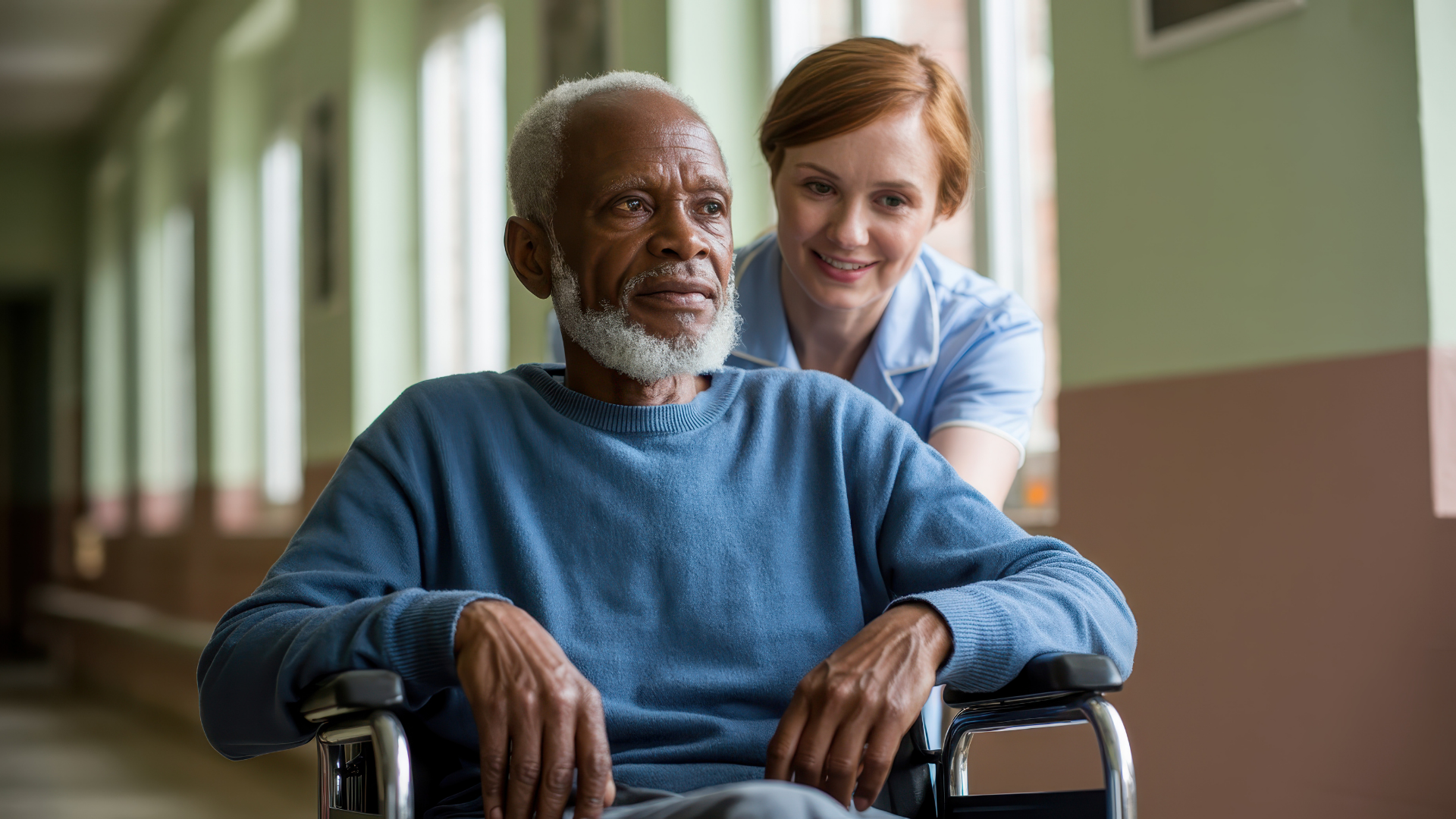
While this statistic has received very little media attention, research indicates that a woman's risk for Alzheimer's disease is double that of a man. Alzheimer’s is characterized by a cognitive decline in language, problem-solving, neurological abilities, and memory.
Read further to learn more about what gene is primarily linked to the development of Alzheimer's and what theories are currently being tested as to why women have twice the Alzheimer's risk as men.
Biological and Social Factors
According to the Alzheimer's Association, there are several possible social and biological reasons why more women than men have Alzheimer's. As older age is the most significant risk factor for Alzheimer's, the fact that women live longer than men could account for the increased risk of developing all types of dementia. Researchers are now considering what additional biological or genetic variations or differences in life experiences might increase the dementia risk for women of all ages. For women over 60, the risk of developing Alzheimer's is twice as likely as breast cancer. At age 65, a woman's risk of Alzheimer's is about 1 in 5.
Dr. Jennifer Bramen, the senior research scientist at Providence Saint John's Health Center, states, "Lifestyle factors like walking, regular aerobic exercise, eating a healthy diet filled with fresh produce […] will do a lot to prolong cognition. As at-risk women grow older and lose the brain protection provided by estrogen, it is even more important that they take care of their health."
APOE4 Gene
The best-known gene for Alzheimer's is APOE4, which has the strongest impact on risk. A copy of the APOE gene— e2, e3, or e4—is inherited from each parent.
People with the negative variant of this gene, APOE4, don't reuse cholesterol. This leads to higher blood levels of bad cholesterol called low-density lipoprotein (LDL). Women with APOE4 have a three times greater risk of developing Alzheimer's disease. Interestingly, not everyone with one or even two APOE e4 genes develops Alzheimer's. Additionally, many people who do not have an APOE e4 gene get the disease.
When the desired variant, APOE2 or APOE3, is activated, individuals may lower their risk of stroke, heart disease, and Alzheimer's. When individuals have one or two copies of the bad variant (APOE4), strategies to deactivate this gene are adhering to an anti-inflammatory diet, getting restorative sleep, exercising, and maintaining stable blood sugar.
Top Memory Care Community in San Diego
With these staggering statistics, it’s now more important than ever for older adults to find an assisted living community equipped to handle their needs.
RanchView Senior Assisted Living is a family-owned and operated independent assisted living community in Encinitas, California. Our owners have firsthand experience with loved ones living with Alzheimer's and dementia. We walk alongside families as they traverse the difficult road of Alzheimer's and have supported the greater San Diego community for decades.
Memory Care Community with Hospice Care Accommodations in Encinitas
RanchView Senior Assisted Living in Encinitas, California, is a senior care community in Southern California. Our residents' holistic life experience (social, spiritual, emotional, mental, physical) is vitally important. Our caregivers provide top-notch, individualized care to each of the members of our communities. Independent living and assisted living offer a chance for seniors to experience the joy of community and activity while not having to worry about the daily grind and upkeep of home life.
Compassionate Memory Care in San Diego
At RanchView Senior Assisted Living (and at our sister locations: HarborView Senior Assisted Living, MesaView Senior Assisted Living, and BayView Senior Assisted Living), our compassionate, highly competent staff work hard to provide comprehensive care to each member of our memory care communities.



